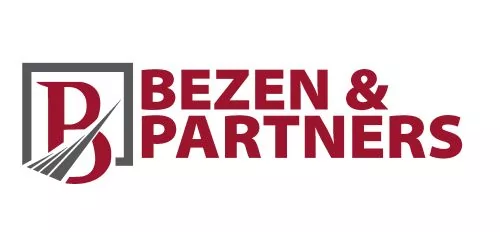For some, the term blockchain is synonymous with Bitcoin, a digital currency that has had a meteoric rise in popularity and value. For others, it is a technological revolution which holds the potential to fundamentally alter the way we do business.
A look at fairly recent history will reveal it is not uncommon at all for new technology to generate excitement. In order to understand whether the buzz around blockchain is grounded on something beyond its novelty and the general interest in Bitcoin, one must revisit how we currently trade and interact in our everyday lives.
Engaging in commerce and exchanging value requires the parties involved to trust each other. It is only natural that parties would like to ensure that the money and assets involved will actually be subject to a transfer to reach their anticipated recipient. Historically, this trust was first established through personal relationships. As technological advancements expanded the world of commerce to a global scale, powerful intermediaries, such as banks, financial infrastructures and governmental entities took on the role of "middlemen" to lower uncertainties and facilitate transactions between transaction parties who are virtually unknown to one another. This was a revolution that helped enable the global world of commerce as we know it today to exist.
The revolutionary aspect of the blockchain lies in the promise that it could, one day in the not so distant future, dethrone such intermediaries, enabling transaction parties to rely on cryptography and peer-to-peer collaboration to establish trust and security.
What is blockchain
At its core, blockchain technology is a decentralised ledger capable of storing any type of information. The ledger runs on any number of computers which each individual may use in order to track and verify ownership of assets or details of any type of transaction that has been completed using blockchain technology.
As such, the ledger technology offers a distributed and, some would say, more democratic alternative to the current system of central powerful intermediaries processing transactions and storing transaction data on a central basis.
Blockchain's area of application
Blockchain technology is theoretically capable of storing virtually any type of information. This offers a vast area of application in a number of different fields. These include financial transactions, identity management, the counting of ballots during any type of vote or the tracking of a supply chain of a given product, just to name a few.
Financial institutions in particular have already begun to research and test blockchain technology in the context of funds transfers, correspondent banking and payment settlement systems. It is hoped that blockchain technology, when developed, could offer a much higher degree of efficiency and costs reduction in transaction processing.
A further example of an entirely different area in which the blockchain is currently being experimented with is with respect to title deed registries are maintained by governments. The application of the blockchain technology to such records could reduce the potential for errors and resulting challenges of disputed title records.
Another capability of the blockchain technology is the creation of self-executing smart contracts. These constitute digital contracts that are based on a computer code and are supervised by the network of computers running the relevant distributed ledger. In this way, the particulars of the transaction forming the basis of contract is witnessed by all computers on the network. This could potentially eliminate the need for notarisation or other formal certification of contracts. Furthermore, and more importantly, the contract could provide for delivery versus payment DVP settlement and execute an automatic refund if one transaction party is unable to deliver or perform its obligations, all without the need for an intermediary.
The future remains unknown
Cryptocurrencies such as Bitcoin may currently have the spotlight but the underlying blockchain technology could be the more interesting component, holding the potential to unlock a revolution as to the way we trade, exchange value and even organise our society as a whole.
However, there is still a long way before the technology is mature enough to reliably and cost-effectively be scaled. More importantly, there are mountains of regulatory and legal challenges to overcome before anything blockchain can be rolled in to the market.
Whether the technology will live up to its potential remains a big unknown that depends on many external and macro factors. However, the one thing that is certain is that witnessing its evolution will be an interesting phenomena to watch for in the coming months and years.
The content of this article is intended to provide a general guide to the subject matter. Specialist advice should be sought about your specific circumstances.



